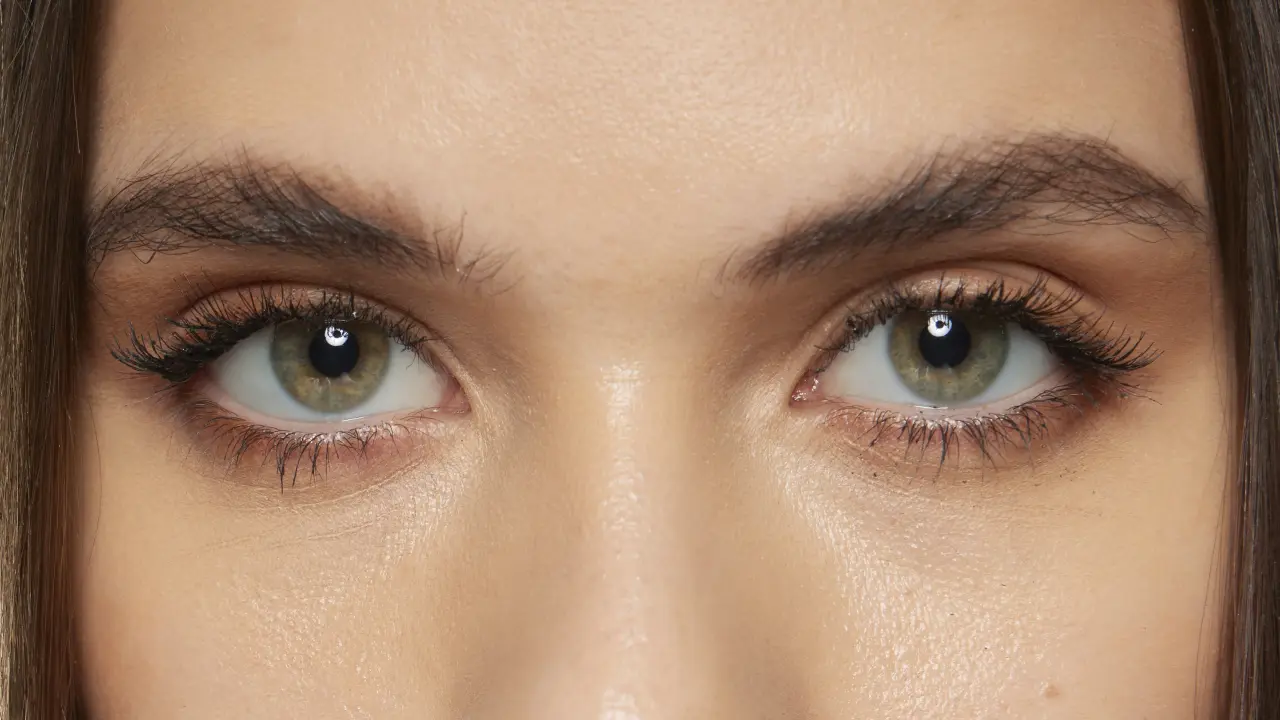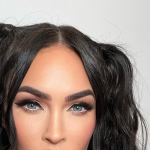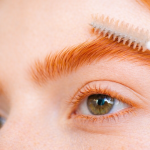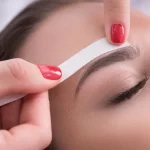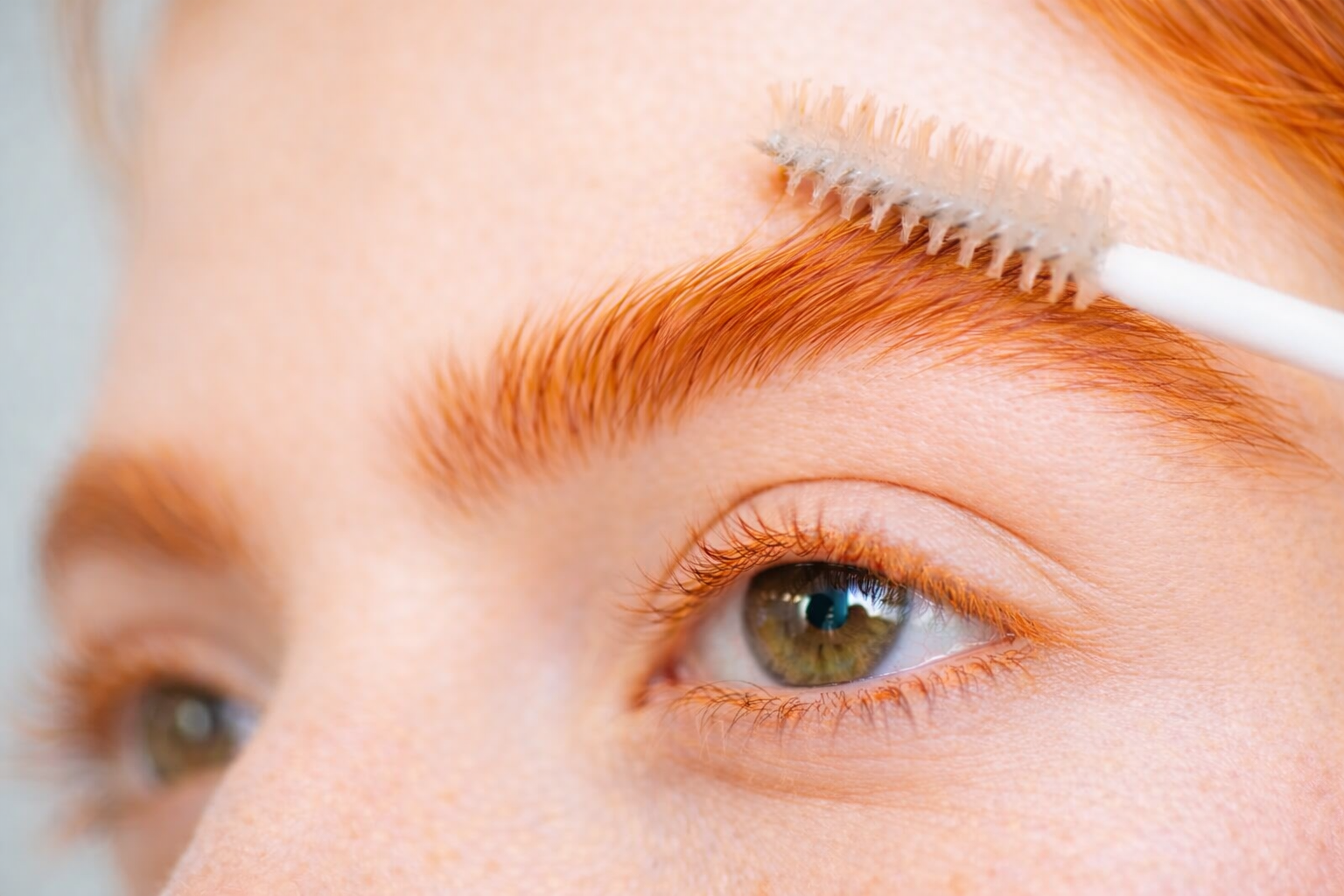Table of Contents
ToggleAt Kopelman Hair, we understand the importance of proper care after a hair transplant to protect your investment and achieve the best possible results. One topic we often discuss with patients is the use of aloe vera gel for hair transplant recovery. Dr. Kopelman emphasizes that while aloe vera offers many benefits, it’s crucial to use it correctly and safely to avoid complications.
Key Takeaways
- Aloe vera gel can help soothe irritation and support healing after a hair transplant, but it should only be used after about 7–10 days and with your doctor’s approval.
- Dr. Kopelman advises choosing pure, fragrance-free aloe vera products to avoid irritation or allergic reactions on sensitive scalp areas.
- While aloe vera promotes scalp health, it does not directly speed hair regrowth or replace medical treatments for hair loss.
- Patients should integrate aloe vera use into a broader aftercare plan that includes gentle scalp care, rest, and professional follow-up.
Why Should You Use Aloe Vera After Hair Transplant?
Aloe vera is valued for its soothing and healing properties. Many people explore aloe vera for hair transplant recovery to reduce irritation and support healing, as it contains vitamins, enzymes, and antioxidants that calm the scalp. It also has anti-inflammatory properties that help manage swelling and discomfort after hair transplant procedures.
When appropriately used, aloe vera may relieve redness and itching after surgery. Dr. Kopelman explains that aloe vera can help hydrate the scalp, which is important for maintaining healthy tissue and a smoother recovery process.
Hair Transplant Recovery Timeline and Aloe Vera’s Role
Understanding your hair transplant recovery timeline helps you determine when aloe vera can be safely incorporated into your aftercare.
Typical FUE hair transplant healing timeline:
- Days 1–3: The Scalp is tender, and scabbing begins. Avoid touching or applying products.
- Days 4–10: Scabs harden and fall off naturally. Patients may gently wash their hair as advised.
- Weeks 2–4: Transplanted hair often sheds.
- Months 1–3: The Scalp starts to normalize.
Aloe vera can usually be introduced around days 7–10 once scabs are stable. Using it too early risks disturbing delicate grafts in the recipient area and the transplantation area where hair follicles are newly implanted.
Is Aloe Vera Gel Good for Hair Regrowth?
Some believe aloe vera triggers hair regrowth. While it helps maintain a healthy scalp, there’s limited proof that it speeds hair growth after surgery.
Dr. Kopelman explains that aloe’s benefits are mostly indirect, reducing inflammation and supporting conditions that promote healthy hair growth after hair transplant operations.
Aloe Vera Gel for Hair Loss
Many products promote aloe vera hair transplant benefits for hair loss. Aloe may soothe irritation from scalp issues, but it doesn’t cure balding.
Dr. Kopelman advises patients not to rely solely on natural products for significant hair loss and recommends professional evaluation and possible hair transplant surgery.
Benefits of Aloe Vera for Healing and Soothing
Patients use aloe vera after hair surgery for its soothing effect. It contains compounds that reduce inflammation and help retain moisture, making the scalp feel less tight.
Benefits of aloe vera may include:
- Reducing redness and irritation
- Cooling the scalp
- Keeping scabs soft for natural shedding
- Supporting a clean environment for new grafts
Active Compounds in Aloe Vera
Aloe vera contains:
- Acemannan: Helps wounds close faster.
- Vitamins A, C, and E: Antioxidants protecting skin cells.
- Enzymes like Bradykinase: Reduce swelling.
A 2020 Journal of Dermatology study found that aloe reduced healing times in minor wounds, though no large trials exist for hair transplants.
How Do You Use Aloe Vera Gel After Hair Transplant?
Patients should wait until scabs form and confirm with their doctor before applying aloe vera. Rushing use too soon can disrupt healing in the recipient area.
Dr. Kopelman recommends pure, fragrance-free gel and testing a small area first.
When and How to Apply
Patients should usually wait at least 7–10 days. Always check with your surgeon first.
Steps for safe aloe vera use:
- Wash hands thoroughly.
- Apply a thin layer gently.
- Avoid pressure. Let it dry before covering your head.
- Wait for doctor approval.
These steps can help speed up the healing process without harming delicate hair follicles.
Aloe Vera Gel on Donor Area
The donor area may feel tender. Aloe vera can keep this area moisturized if used carefully. Never apply if there’s active bleeding.
Patients should avoid hair products that contain harsh chemicals during early healing.
Can You Use Aloe Vera Gel After Hair Removal?
Aloe vera after hair removal is not the same as post-transplant care. Products for shaving often contain fragrances unsuitable for grafts.
Dr. Kopelman advises pure aloe vera and cautious use after surgery.
Choosing the Best Aloe Vera Gel for Hair Transplant
Dr. Kopelman advises avoiding gels with alcohol, artificial colors, or heavy fragrances.
Look for:
- 99% or higher pure aloe
- No parabens or sulfates
- Dermatologist-tested
- Minimal additives
Protecting new hair follicles and the transplantation area is crucial.
Recommended Aloe Vera Products for Hair Transplant Recovery
Trusted brands include:
- Aloe99 Soothing Gel
- Lily of the Desert Aloe Vera Gel
- Seven Minerals Organic Aloe Gel
Always test a small area first and avoid gels with added dyes or fragrances.
Where to Buy Aloe Vera Gel
Pharmacies and online stores sell a variety of aloe vera products. Ask clinics like Kopelman Hair for trusted recommendations.
Is Aloe Vera Safe After Hair Transplant?
Used correctly, aloe vera is usually safe. The main risk is applying it too early. Dr. Kopelman reminds patients that natural products can still cause reactions.
Patients should also avoid sun exposure on the sensitive scalp, as it can slow healing.
Possible Side Effects
Possible side effects include:
- Mild stinging
- Allergic rash
- Softened scabs from excess moisture
→ Tip: Stop use and call your doctor if symptoms worsen.
When to See a Doctor
See a doctor if you notice:
- Increased pain
- Yellow discharge
- Persistent rash
- Delayed healing
Prompt attention protects your grafts and health.
Myths About Aloe Vera for Hair Transplants
Myths often circulate online about aloe vera and hair transplants.
- Myth: Aloe vera speeds hair growth.
- Reality: It soothes the scalp but doesn’t make hair grow faster.
- Myth: Aloe vera is safe to use immediately post-surgery.
- Reality: Wait 7–10 days.
- Myth: Aloe alone cures hair loss.
- Reality: Medical care is needed for genetic hair loss.
Hair Transplant Healing and Aftercare Tips
Other helpful tips:
- Sleep with your head elevated
- Avoid strenuous activity
- Keep the scalp clean
- Wear loose hats for sun exposure protection
Dr. Kopelman emphasizes the importance of patience, as healing is a time-consuming process.
Hair Surgeons’ Opinions on Aloe Vera Use
Hair surgeons differ on the use of aloe vera. Some recommend it cautiously; others advise waiting longer.
Dr. Kopelman believes aloe vera is helpful but should be used carefully and under medical guidance for effective post-operative care.
Aloe Vera vs. Other Aftercare Products
Alternatives to aloe vera include coconut oil, hyaluronic acid, and chamomile extract.
- Coconut Oil: Moisturizes but may clog pores.
- Hyaluronic Acid: Hydrates but less soothing.
- Chamomile Extract: Reduces redness but may cause allergies.
Not all natural products are safe after hair transplant surgery.
Patient Experiences with Aloe Vera After Hair Transplant
Some Kopelman Hair patients report that aloe vera helped reduce scalp tightness and itching.
One patient shared:
“By day 10, my scalp felt dry and itchy. Dr. Kopelman suggested trying aloe vera. After applying a thin layer, the tightness eased, and my scalp felt calmer. It made recovery much more comfortable.”
Frequently Asked Questions About Aloe Vera and Hair Transplants
Can I use aloe vera immediately after surgery?
No. Wait 7–10 days and check with your surgeon.
Does aloe vera make hair grow faster?
No. It supports scalp health but doesn’t speed hair growth.
Which aloe vera gel is safest?
Look for pure aloe, fragrance-free, with no harsh additives.
Is aloe vera a cure for hair loss?
No. It helps soothe the scalp but doesn’t treat hair loss.
Can aloe vera replace medical treatments?
No. Aloe is helpful, but it is not a substitute for medical care.
When can I wash my hair after a transplant?
Usually around days 4–5, but follow your doctor’s instructions.
Is redness normal after surgery?
Yes, but see your doctor if it worsens.
When can I go back to work?
Most people return to light work in 5–7 days.
If you’re considering a hair transplant or want personalized advice on caring for your scalp, schedule a consultation with Dr. Kopelman at Kopelman Hair. We’re here to help you achieve healthy results and feel confident in your hair restoration journey.



